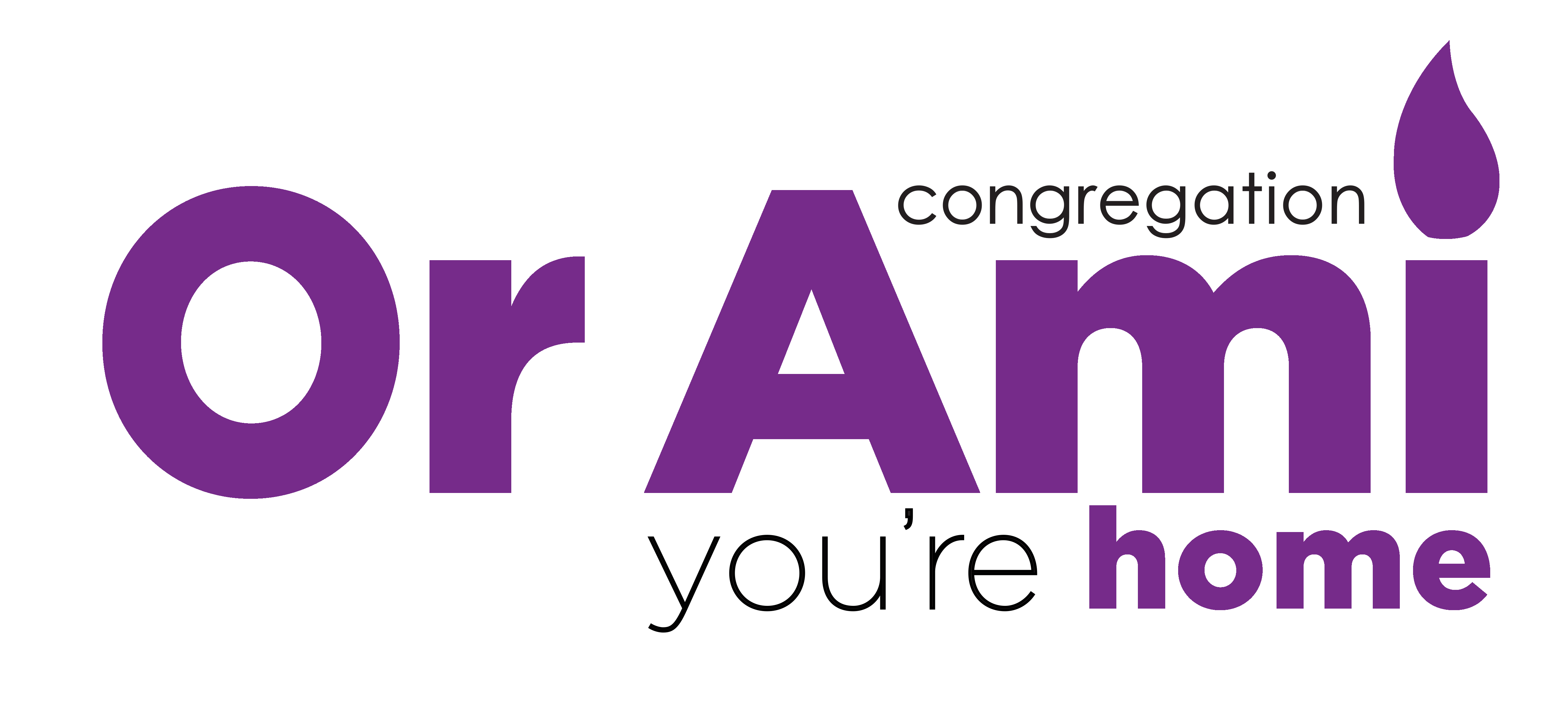Please, God, Heal Us Now
By Rabbi Zilberman Soloway
In this week’s Torah portion, there is movement. After a lengthy stay in the Sinai desert, the Israelites are about to begin the next chapter of their journey. They are no longer traveling from but traveling to. They are no longer escaping Egypt; they are journeying toward the Promised Land.
Life is about movement, and it is a positive thing. When we move, we are vital, we take action, and we are in a time of transition and change.
Change is hard, even when it’s about improving one’s situation. It is challenging, scary, and often unknown. When people are afraid, they tend to complain and often look for someone to blame, most often — their leaders. In Parshat Beha’alotcha, shortly after the Israelites started their journey, they began complaining about the hardships of the journey and blaming their fearless leader, Moshe.
Moshe knows his people. He heard their complaints before and was used to it, however this time it felt different. They went over the top, and he got really frustrated, so much so that he was pleading with the Holy One to stop being their leader and even to take his own life.
Change is a process. It takes time. When the Israelites started their journey into the promised land, it was supposed to be a short journey, but things got complicated and it turned to be a very long journey, forty years long, and even then, after losing so many people, an entire generation, were they really ready? Were they worthy of the divine promise and ready to enter the land? Are we?!
This story is our story, it’s about our ancestors. Just like them, we are also in transition. Although we are constantly moving and many things are changing on a daily basis, too often in the last eight and a half months since October 7th, it feels like we are stuck, and we don’t know how to get out of this tragic situation and continue our journey to the promised land. We are losing people every single day, we are complaining and blaming everyone around us, including, of course, our leaders.
Unfortunately, at this time, we are not blessed with selfless, caring, courageous leaders like Moshe, and this is definitely our greatest weakness. But, we are blessed with so many incredible individuals who make our society, who are willing to give whatever it takes, including their own lives, for us to be able to continue the journey and prevail.
This Torah portion also teaches us about second chances, by the opportunity to observe and celebrate the second Pessach, thirty days after the original one. If the Torah shows us a way to repent and make amends, how can we not do that? We must do our best to change our reality and make it better.
At the end of this parsha, Moshe’s sister, Miriam, talks badly about him behind his back and, as a punishment, becomes sick with Tzara’at, leprosy. Moshe could have left her behind, but she was his sister, whom he loved, and also, like God, Moshe believed in second chances. He prayed for her well-being and full recovery, El na refa na la (Numbers 12:13). Please, God, heal her while she was isolated from the community for seven days. When healed, she was reunited with her people again.
Maybe Miriam represents all of us who need profound healing. Just like Miriam, we often talk badly about one another behind our backs. Although we don’t have Moshe, we have the Holy One, who believes in us and knows that we can do and be better.
We are currently in the wilderness. Bamidbar is both a place and a time. Let us remember that although it seems and feels eternal, the wilderness is temporary. We will get out, eventually, but we need to work hard in order to make it happen. It is in our hands.
Im ein ani li mi li… im lo achshav eimatai (Pirkei Avot 1, 14), If I am not for myself then who will… if not now then when.
Since we don’t have the proper leadership, let us hold each other accountable and be each other’s leaders. Let’s make the right choices, fight for our core values, and rebuild ourselves anew. Let us pray and ask the Holy One to heal us, to end the war, to bring back our hostages, to grant all of us peace, and to help us begin to rehabilitate. El na refa na lanu. Please, God, heal us now.
